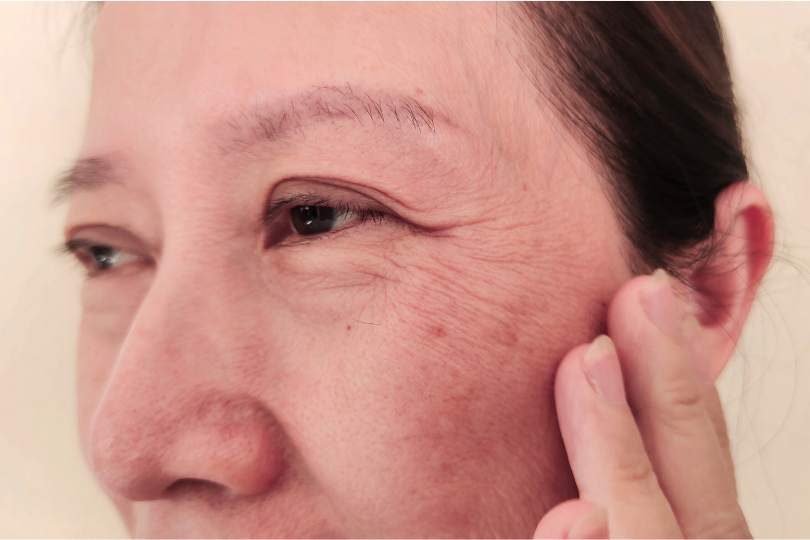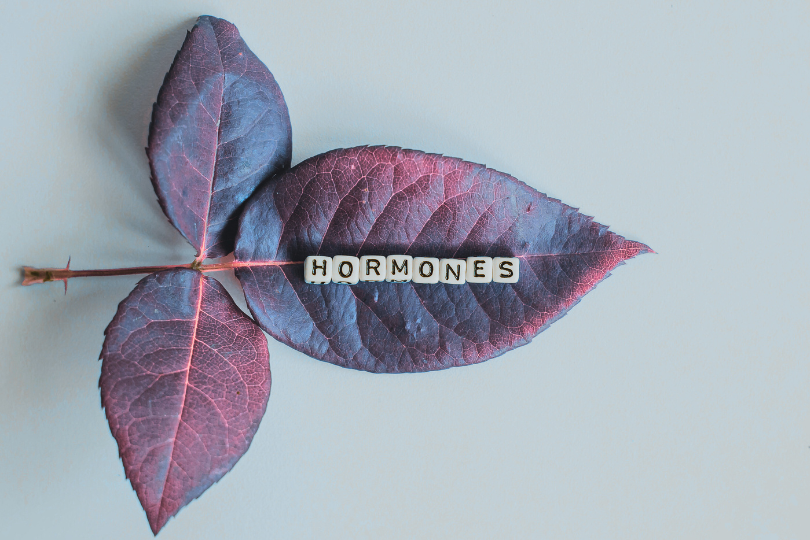Polycystic Ovary Syndrome (PCOS) is a condition that affects millions of women and often brings up questions about fertility. It’s one of the most common hormonal disorders, and while it doesn’t necessarily mean you can’t have children, it can make the journey a little more complicated. Egg freezing is becoming a popular option for women with PCOS who want to take control of their fertility. Let’s explore how it works and whether it might be a good fit for you.
PCOS can cause hormonal imbalances that affect ovulation, making it harder to predict when, or if, you’ll ovulate. Some common signs of PCOS include:
Although PCOS doesn’t always lead to infertility, it can make it harder to conceive naturally. Irregular ovulation reduces opportunities to get pregnant, and hormonal imbalances can sometimes affect egg quality.
Egg freezing, or oocyte cryopreservation, is a process that allows you to save your eggs for the future. Eggs are collected from your ovaries, frozen, and stored until you’re ready to use them. When the time comes, the eggs can be thawed, fertilised with sperm, and implanted in the uterus as embryos.
This option can be especially reassuring if you’re not ready to start a family now but want to keep your options open.
The steps for egg freezing are the same for most women, but with PCOS, there are a few extra things to keep in mind:
For women with PCOS, egg freezing offers a way to take greater control of your fertility timeline. It’s a chance to save younger, healthier eggs while managing the unique challenges of PCOS. The process does require careful planning, especially to avoid risks like OHSS, but with the right support, it can be a reassuring option.
If you’re curious about egg freezing, speak to our fertility care team who can answer your questions and help you create a plan with that works for you.



If your routine suddenly feels out of step, it’s not your products, it’s your hormones. As estrogen begins to fall, the signals that keep skin strong and hydrated weaken. Dryness, breakouts, pigmentation, and slower healing start to appear, even with the same products you’ve always used. The good news: you can adapt. With smart everyday care (SPF, hydration, retinoids, vitamin C), lifestyle support (nutrition, sleep, stress), and medical options when needed (prescription treatments or hormone therapy), your skin can stay strong and healthy well into your 40s, 50s, and beyond.

No one talks about it, but perimenopause can hit in your 30s or 40s, and it’s not just about your period. Think brain fog, poor sleep, low libido. Here’s what to look out for and what you can do.

Many sexually transmitted infections can lie dormant for months or even years without symptoms. Understanding the facts — and getting tested together — can help you move forward with clarity and care.